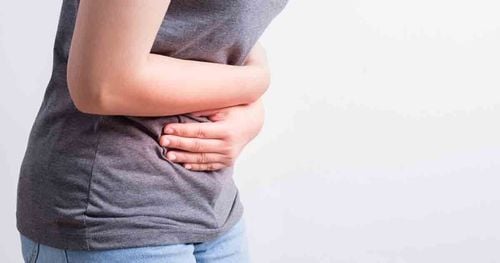In various studies, lecithin is known for its health benefits. However, to date, there is still no definitive evidence that lecithin can aid in weight loss.
1. What is Lecithin?
Lecithin is a natural fat found in foods such as:
- Egg yolks.
- Soybeans.
- Organ meats.
- Red meat.
- Seafood.
- Grains.
- Cooked green vegetables like Brussels sprouts.
In humans, lecithin is naturally produced in the liver. Since it is not classified as an essential nutrient, there is no recommended daily intake for lecithin.
Soy lecithin is a common food additive that helps processed foods remain smooth and well-mixed without separating. It is used as an additive in ice cream, infant formula, peanut butter, bread, and many other processed foods.
2. Why is Lecithin Believed to Aid in Weight Loss?
In food, lecithin acts as a fat emulsifier. This means it breaks down and evenly disperses fats and oils, helping food remain smooth and mixed. For this reason, some people hypothesize that lecithin may support rapid lipid metabolism and fat breakdown in humans.
Lecithin might break down fat into smaller molecules, which are then converted into fatty acids that the body can easily burn as energy. While this theory has garnered interest, it has not been fully tested or proven.

3. What Scientists Say
No specific research has conclusively demonstrated that lecithin effectively promotes weight loss. However, choline, a minor component of lecithin, may offer potential weight loss benefits. Lecithin contains approximately 3% choline.
A small study involving 22 participants showed that choline supplementation reduced body mass in female athletes who used it for rapid weight loss. Phosphatidylcholine, a component of lecithin, breaks down into choline in the body. This research and theory have not been replicated or supported in any large-scale studies. Same as lecithin, choline is also available as a dietary supplement.
Although its fat-burning potential has not been clearly proven, purchasing choline supplements for this purpose is recommended over lecithin. The standard recommended dosage of choline is usually 250 milligrams per day.
4. Potential Side Effects of Using Lecithin for Weight Loss
The most likely side effect of using lecithin for weight loss is its ineffectiveness, impacting your wallet more than your waistline.
Lecithin is considered safe for most people. However, consult your doctor before taking it or any dietary supplement, especially if you are pregnant, trying to conceive, or breastfeeding.
Lecithin may also cause reactions in individuals taking certain medications. For example, lecithin can enhance the effects of oral diclofenac, a nonsteroidal anti-inflammatory drug used to treat arthritis and migraines.
Use lecithin only as directed on the packaging, and ensure you are not allergic to it before use.
Common side effects of lecithin include:
- Nausea.
- Diarrhea.
- Bloating.
- Gastric discomfort.
Before deciding to use lecithin as a weight loss method, it is important to note that lecithin is commonly used as an emulsifier in processed foods to preserve their texture. While it may offer certain health benefits, there is no evidence to suggest that this substance is linked to weight loss.
Reference source: healthline.com
To arrange an appointment, please call HOTLINE or make your reservation directly HERE. You may also download the MyVinmec app to schedule appointments faster and manage your reservations more conveniently.








